The Rural Energy for America Program (REAP)1:
A quick look at the Renewable Energy System and Energy Efficiency Loans and Grants
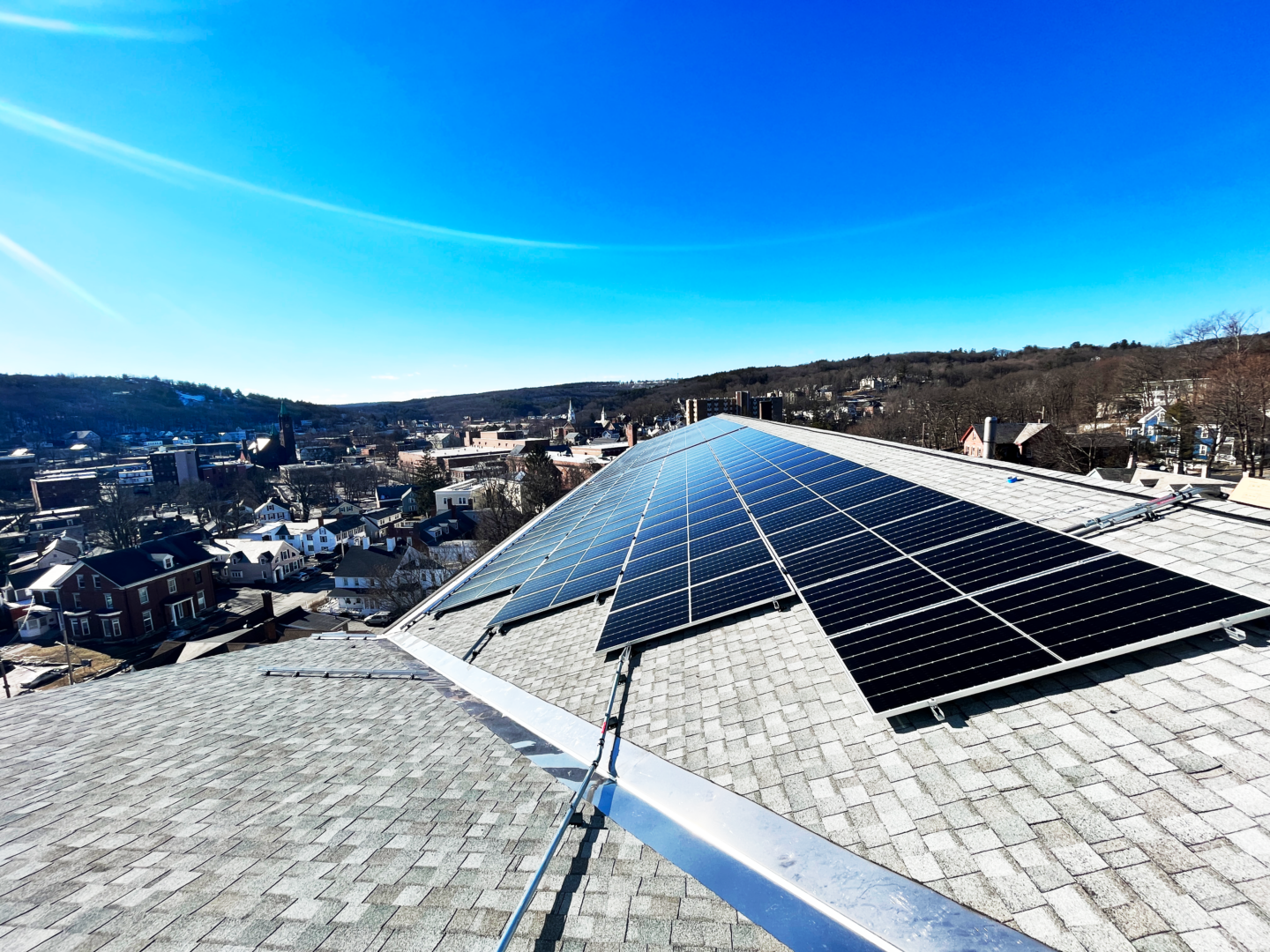
Important REAP Updates (released on Dec 19, 2024): Maximize Your Grant Potential
- Act Now: Submit your application by December 31, 2024, to secure a grant covering 50% of the total installation cost.
- Limited-time Opportunity: Applications submitted between January 1 and March 31, 2025, will be eligible for a 25% grant on total installed costs.
- Mark Your Calendar: Starting July 1, 2025, the grant maximum returns to 50% of the total installation costs.
Take advantage of these critical deadlines to maximize your savings!
What does this program offer
This program provides loan financing and grant funding to encourage small rural businesses and agricultural producers to adopt renewable energy systems and enhance energy efficiency.
What is an eligible area?
- Businesses must be situated in rural areas with populations of 50,000 or fewer. Notably, more than 90% of the NH qualifies as a rural area.
- Explore these New Hampshire and Maine maps to discover the regions that are considered as rural areas and thus qualify for the REAP grant.
- Agricultural producers may be situated in either rural or non-rural areas.
- For more details, refer to the database of eligible business addresses.
Who can apply?
- Small businesses located in eligible rural areas.
- Discover if your business qualifies as a small enterprise on the United States Small Business Administration website
- Agricultural producers receiving at least 50% of gross income from agricultural operations
- Note: Applicants must have no outstanding delinquent federal taxes, debt, judgments, or debarment
What types of funding are available?
- Grants are available for up to 50% of total eligible project costs, up to a maximum grant of $1M.
- Applications for solar energy systems generally receive high scores by USDA.
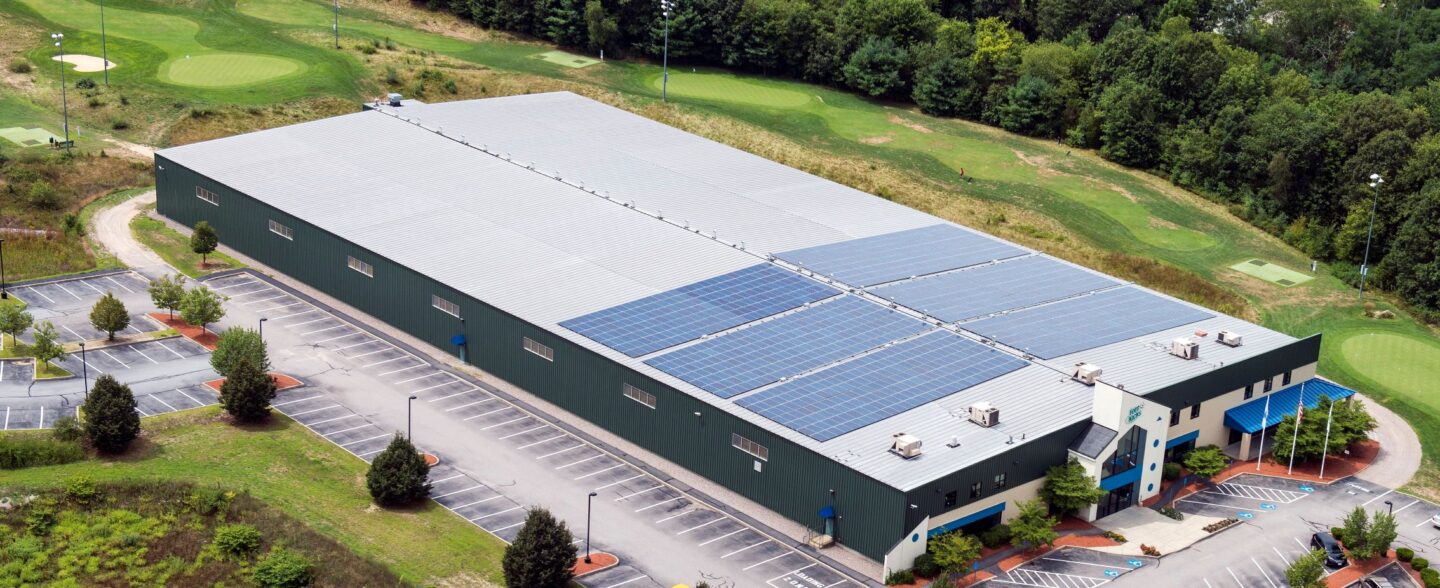

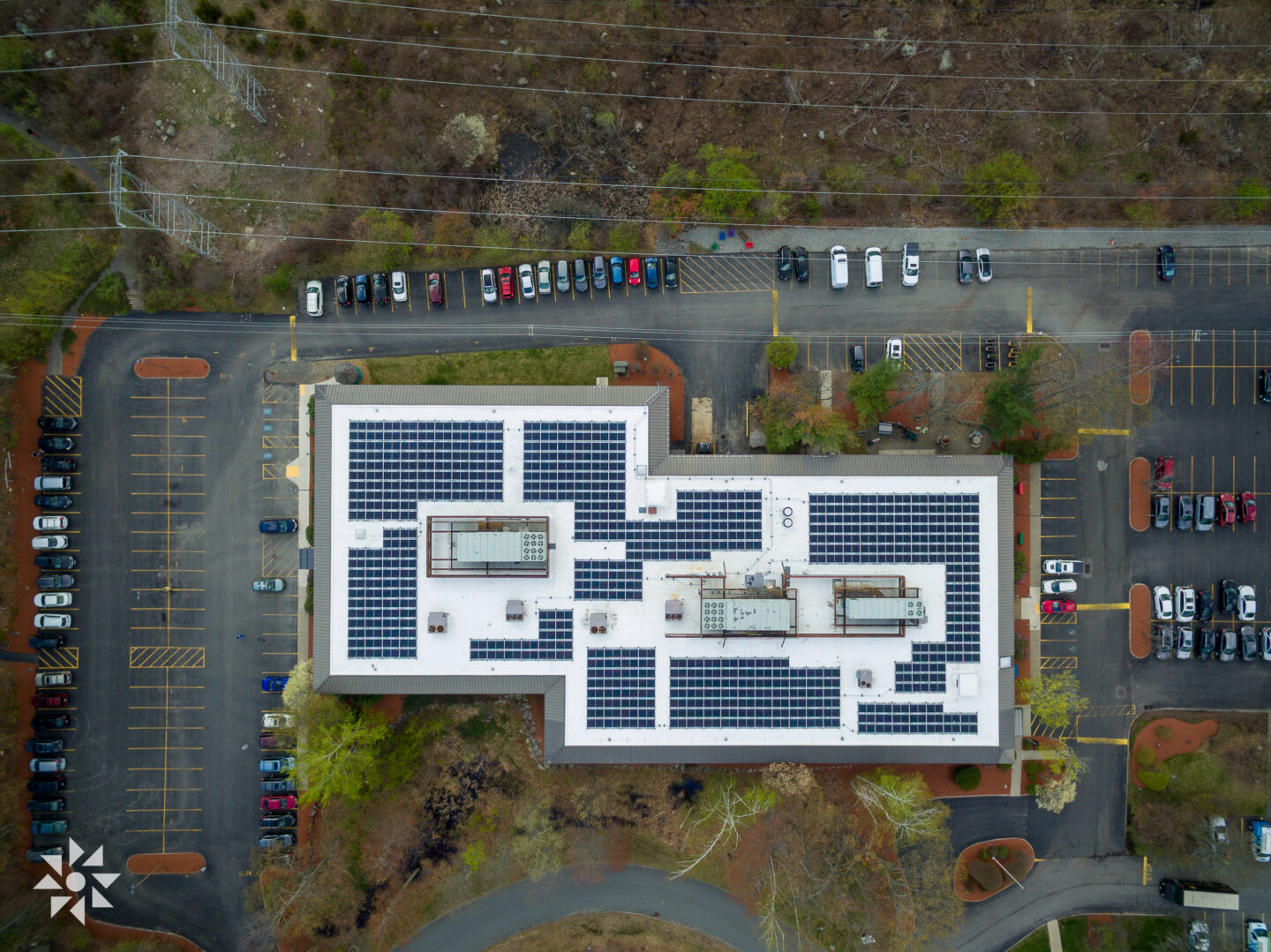
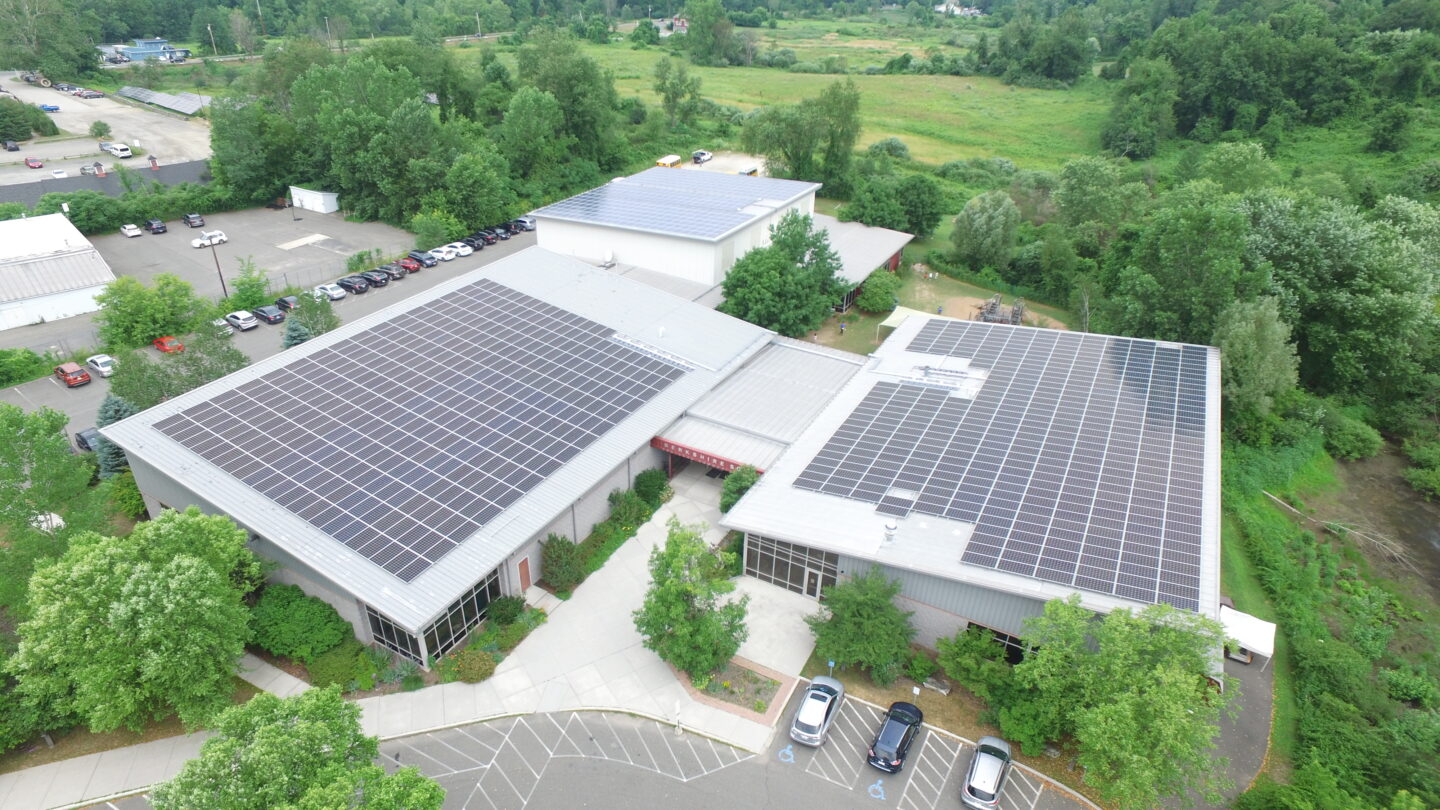
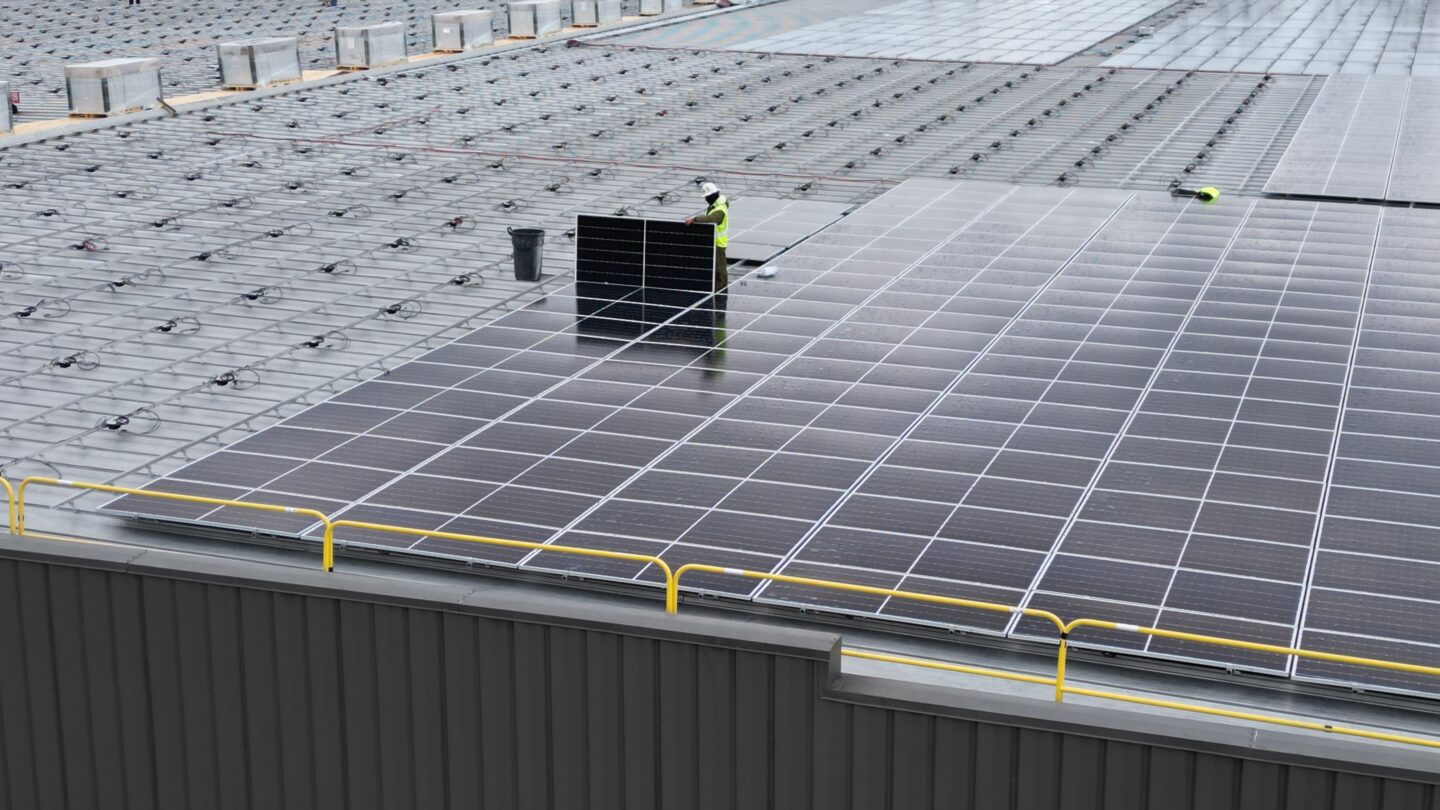
Ready to get started?
Here are the things to note:
- Verify your company’s eligibility
- Get a customized project proposal from a developer
- Apply for the REAP grant (working with a REAP grant specialist is highly recommended)
How to get started?
Applications are accepted throughout the year at the local USDA Rural Development office. Here’s a list of state offices.
Here’s the designated state office page for New Hampshire and Vermont.
- Information courtesy: Rural Energy for America Program Renewable Energy Systems and Energy Efficiency Loans and Grants fact sheet
Federal Solar Incentives: an overview
With expertise and policy involvement at the national level, Solect knows how to take full advantage of the solar incentives offered by the U.S. government. The landmark Inflation Reduction Act (IRA) of 2022 created significant federal support for solar and energy storage, including:
- Increasing the solar Investment Tax Credit (ITC) to 30%: Translating to a $300,000 one-time tax credit for eligible costs based on a $1,000,000 solar or energy storage project.
- Offering bonus tax incentives and generous “adders”: For example, for using US-made products or developing your project in a low-income, energy, or native community.
- Expanding eligible technologies: Stand-alone energy storage systems are now eligible for the 30% ITC with the potential to go up to 70%.
- Introducing Direct Pay: Receive a direct payment equivalent to the full value of tax credits for building qualifying clean energy projects
(for nonprofits and public entities).
Modified Accelerated Cost Recovery System (MACRS)
Your project may also qualify for MACRS accelerated depreciation. Many of our clients have retrieved as much as 50% of their system costs.
Contact team Solect to learn more.
Renewable Energy Credit (REC) Overview:
- A REC is a tradable commodity certifying the production of 1,000 kilowatt-hours (1 megawatt-hour) of energy from a registered renewable energy system.
- States like New Hampshire require electricity suppliers to obtain a portion of their energy from renewable sources.
- Utilities purchase RECs to meet these renewable energy requirements.
· Net Metering and RECs:
- If net metering is available to you, you can still leverage it even if you choose to sell your RECs.
- RECs are based on the total solar production of your system, independent of your facility’s energy usage.
- Net metering benefits are separate from REC benefits and do not affect each other.
· Creation of RECs:
- Systems need state certification and a New England Power Pool Generation Information System (NEPOOL GIS) account.
- NEPOOL GIS is a third party that issues and tracks RECs in New England.
· Payment for RECs:
- Payments are made a couple of weeks after each quarterly minting.
- Example: If your system starts in January, your first payment will arrive in early August.
Contact team Solect to receive more detailed insights on RECs.
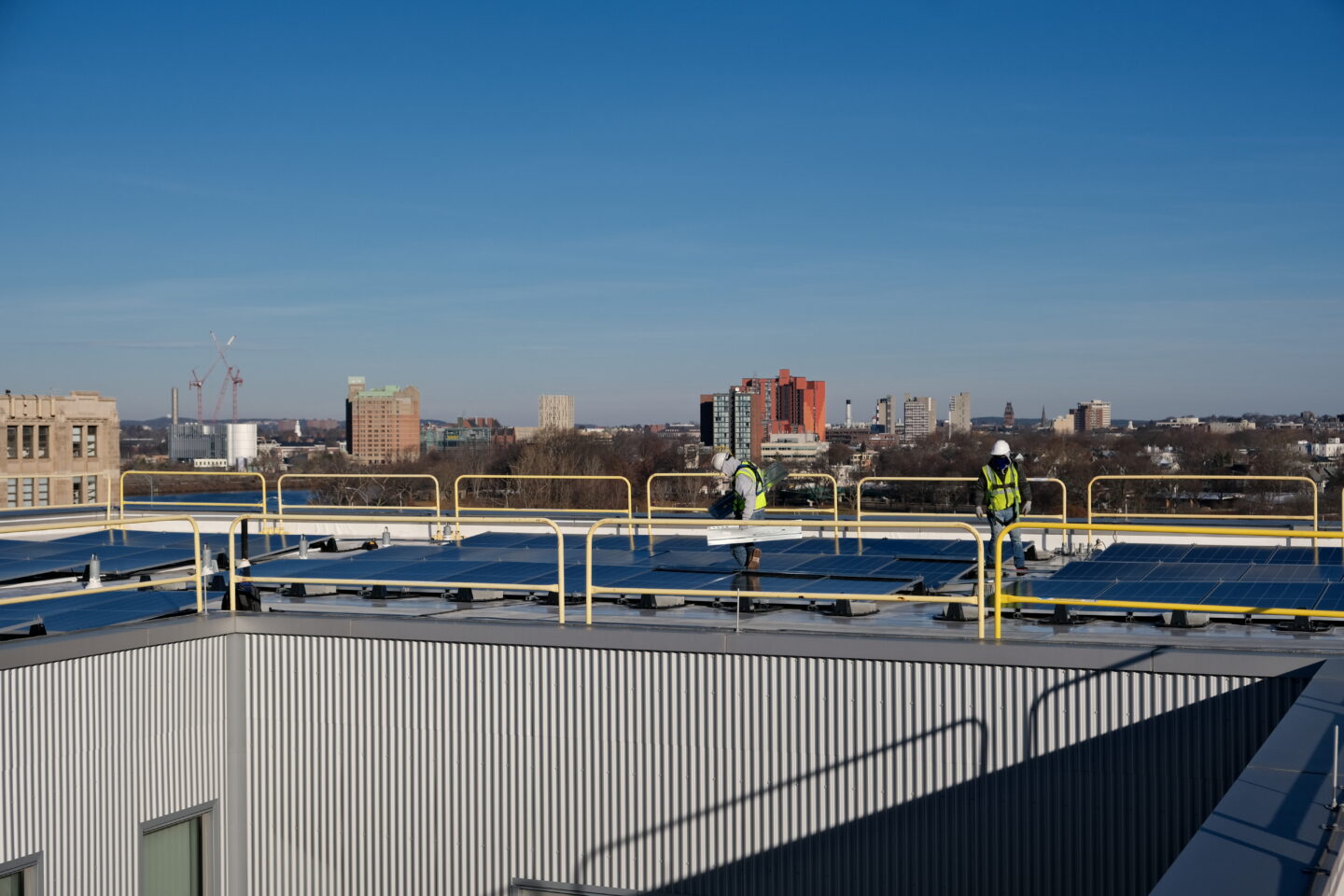
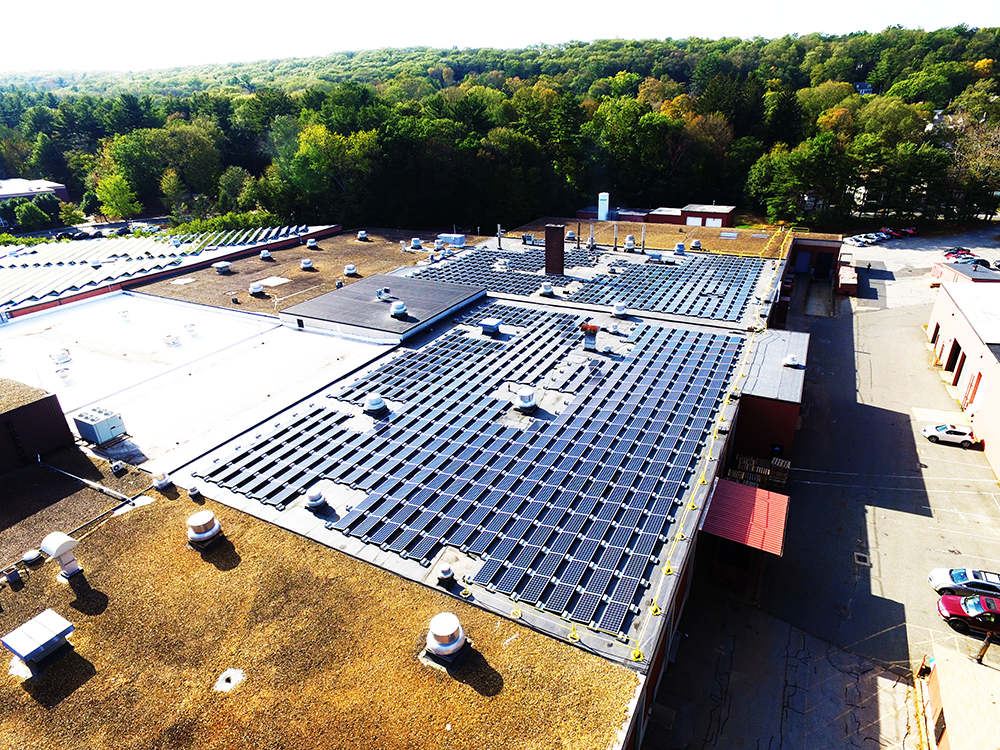
Municipal Solar Grant Program2
The New Hampshire Department of Energy (NHDOE) has been awarded a $1.6 million formula grant to develop the Municipal Solar Grant Program. This competitive program supports municipal solar projects with an installed capacity of up to 60 kW DC. Notably, for a 60 kW project in low-income communities, the grant can cover the entire capital cost, while for other communities, it can significantly reduce the total project cost to under $100,000.
This pilot program will not only assist NH communities in implementing solar energy projects but also provide valuable insights to the NHDOE, guiding the development and funding for future solar initiatives for municipalities and public schools across the state.
Mathematically speaking:
- A 200 kW solar project on a public school or municipal rooftop costs around $550,000. If the town purchases and owns the project, it will benefit from a 30% federal Investment Tax Credit (ITC), amounting to $165,000. Not just that, the system’s cost can potentially be recovered within 10 years.
- Additionally, under a Power Purchase Agreement (PPA), Solect can develop and maintain a solar project on a municipal property and sell electricity back to the host at a fixed rate. This arrangement can secure a substantially low electricity rate, potentially as low as 10 cents per kWh, for a specified period—typically 25 years.
Contact Team Solect today to explore how we can help you maximize the return on investment (ROI) from solar energy for your commercial properties and businesses.
2. Information courtesy: NH Department of Energy
New Hampshire Commercial Solar Incentive Program
New Hampshire provides a rebate for commercial and industrial (C&I) entities that can lower the cost of solar by $10,000 on top of federal incentives. This program has a limited annual budget. Contact Solect today to determine your potential rebate amount before the opportunity runs out.
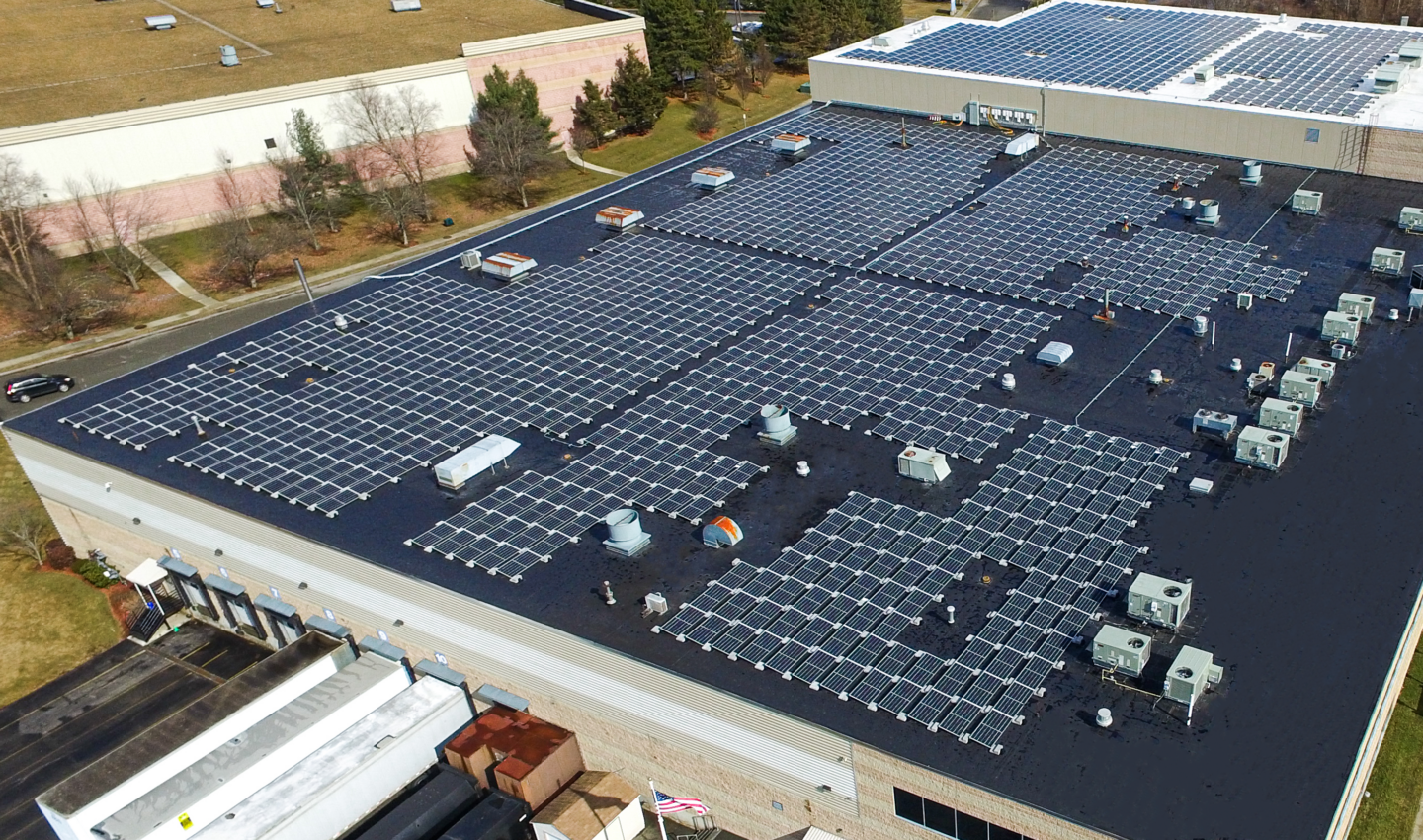
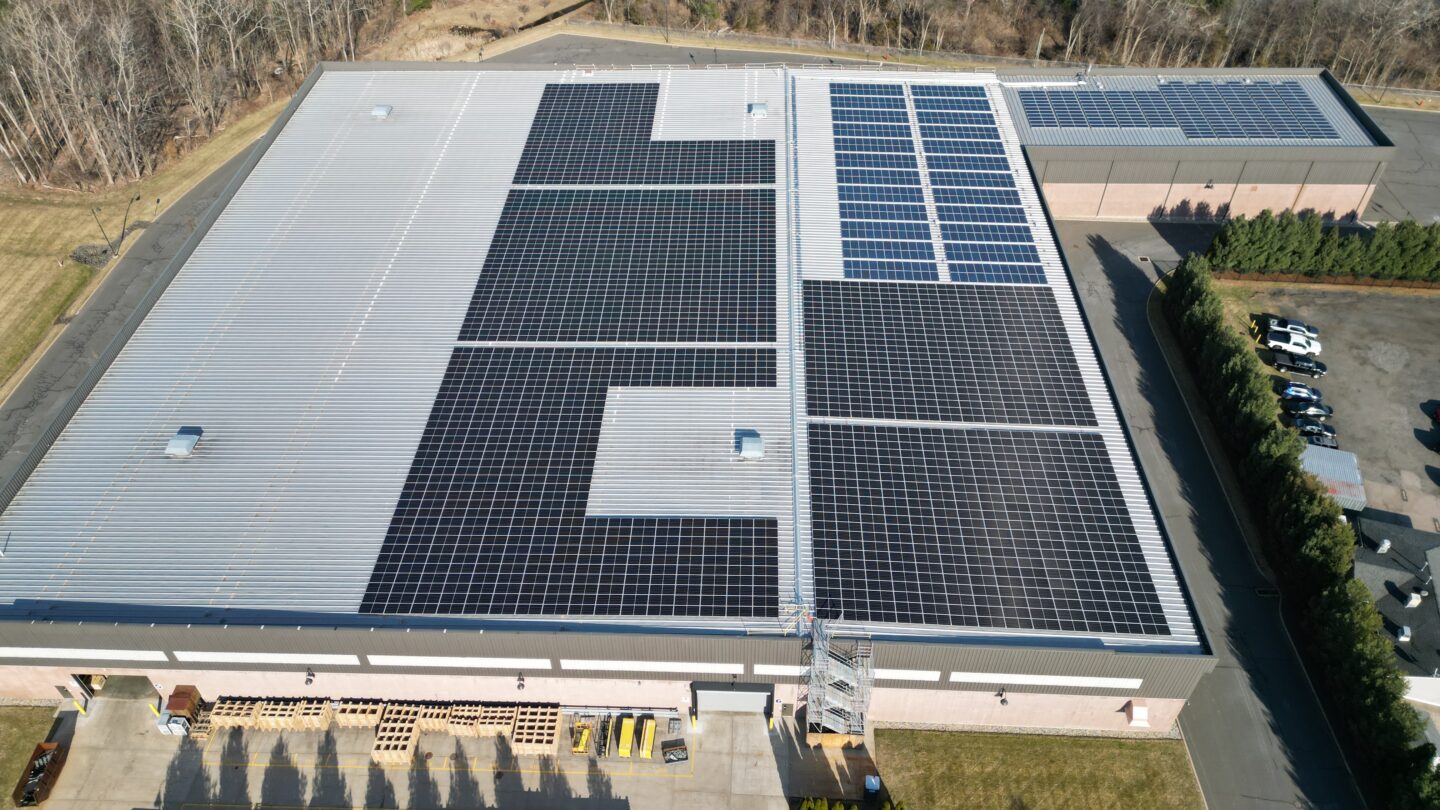
Why Solect: our differentiators at a glance
Excellence in quality, safety, value, and performance forms Solect’s cornerstones.
Our consistent process delivers outstanding results for our clients.
Assess project site(s) and current and future electric profiles
Present analyses and recommendations on financial benefits
Contract, engineer, and
develop
Construct, interconnect,
and commission projects
Optimize your solar ROI
with cutting-edge O&M services
Asset and performance management
and compliance
